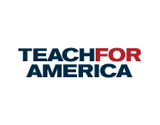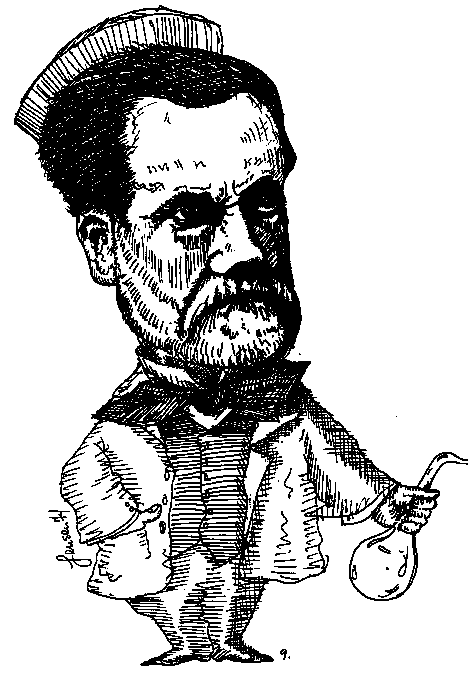“Other things may change us, but we start and end with the family” (Anthony Brandt)
One of the most interesting classes I took in graduate school included a project where students created a “family tree” of relatives’ professions, going as far back as possible in their family history. The goal behind the exercise was to learn about family impact on individuals’ career choices. Sometimes family influence, especially parental expectations, has an obvious impact: ie “I am paying for your Penn education to get you the best pre-med training possible” – other times, it is much more subtle – ie “We just want you to be fulfilled and productive.”
When I have a career counseling session with a student, I am aware that in some way their family is in the room with us. Families influence what we value (money, prestige, productivity, intellectual achievement, helping others). Families influence the geographic regions we think are open to us in our work. Families influence what occupations we are exposed to: know any Resort and Panoramic Illustrators? How might you know to pursue a career like that unless your parents were skiers or you were raised at 5,000ft?
This is part of my family tree:
What are the themes here? Is it surprising I might be a career counselor at an institution like Penn? Even though no one in my family has held my kind of job before, most of my family’s career paths involved teaching and “helping” positions working with people. Skills required: strong communication, assessment and problem solving, empathy. Most of my family worked for themselves in private practices or worked in educational institutions. No one (in all three generations) chose to spend time in corporate environments. Another theme is the level of education in my family. My family let me know that they expected educational achievement and success but beyond that I got no direct instruction on what I “should be” professionally. Despite this apparent freedom to choose, it’s easy to see in my case, that “the apple falls not far from the tree.”
Have you thought about the ways in which you have skills, interests, and other experiences in common with your family? What have you considered to be an option, but don’t know anyone who has done it before? What choices have already been made for you? How important is your family to your career plans? These topics are great for you to explore on your own, or with a career advisor.
Here is a link for parents about career planning for Penn students. If this really interests you, you may have a career in genealogy to consider….








